In 2025, energy efficiency in commercial electrical systems will be more critical than ever. With rising energy costs, increased environmental awareness, and the continued push towards sustainability, businesses are compelled to adopt energy-efficient solutions to stay competitive, reduce operational expenses, and comply with regulations. Energy efficiency is no longer just about cutting costs; it is about leveraging new technologies that foster smarter, greener, and more reliable commercial environments. This article explores why energy efficiency in commercial electrical systems will be a game-changer in 2025.
1. Rising Energy Costs and Financial Benefits
Energy prices have steadily increased over the years, and the trend is expected to continue into 2025. This makes it essential for businesses to reduce their energy consumption wherever possible. Commercial electrical systems, which power lighting, HVAC, machinery, and equipment, can account for a significant portion of a company’s total energy usage.
By prioritising energy efficiency, businesses can significantly cut down on electricity costs. Upgrading to energy-efficient lighting such as LEDs, implementing energy-saving HVAC systems, and upgrading power distribution networks will not only lower operational expenses but will also deliver a strong return on investment (ROI) over time. These investments are essential as businesses are increasingly pressured to be more mindful of their energy consumption.
2. The Drive for Sustainability
Sustainability will be a key factor in commercial electrical systems in 2025. As environmental concerns escalate, companies are feeling the pressure to reduce their carbon footprint and adopt sustainable practices. Energy-efficient electrical systems play a crucial role in helping businesses meet sustainability goals.
Businesses that invest in energy-efficient lighting, renewable energy sources, and energy storage systems can dramatically lower their environmental impact. For instance, integrating solar power and battery storage systems will allow businesses to harness renewable energy and store it for later use, reducing reliance on fossil-fuel-based electricity. By implementing these solutions, businesses contribute positively to global sustainability efforts, enhancing their reputation with eco-conscious consumers and stakeholders.
3. Integration of Smart Technologies
One of the most exciting trends in commercial electrical systems for 2025 is the rise of smart technologies. The integration of smart devices and Internet of Things (IoT) sensors will revolutionise energy management in commercial spaces. Smart lighting, advanced thermostats, and automated energy control systems allow businesses to monitor and manage their energy usage in real-time.
These smart systems offer increased efficiency by automatically adjusting settings based on occupancy, time of day, or environmental conditions. For example, motion sensors can ensure lights are only on when a space is occupied, while smart thermostats can adjust temperature settings based on usage patterns. These automated solutions significantly reduce waste, helping businesses save energy and money.
4. Government Regulations and Incentives
Governments around the world are introducing stricter energy regulations and offering incentives for businesses that adopt energy-efficient practices. In 2025, compliance with energy standards will become even more crucial for businesses. Regulations may include limits on energy consumption, mandates for energy-efficient equipment, and requirements for regular energy audits.
To stay compliant, businesses will need to upgrade their commercial electrical systems to align with these regulations. In addition, many governments offer rebates, tax credits, and other financial incentives for companies that invest in energy-efficient technologies. Taking advantage of these incentives allows businesses to recover some of the initial costs of upgrading their systems while simultaneously enhancing energy efficiency.
5. Long-Term Savings and Return on Investment (ROI)
The initial investment required to upgrade a commercial electrical system for energy efficiency can be substantial, but the long-term savings are undeniable. Energy-efficient solutions such as LED lighting, energy-efficient HVAC systems, and high-performance power distribution systems can drastically reduce a business’s energy consumption, leading to lower monthly utility bills.
Furthermore, many energy-efficient technologies require less maintenance and have a longer lifespan than their less efficient counterparts. For instance, LED lights last much longer than traditional bulbs, reducing both replacement costs and labour expenses. Over time, the ROI from energy efficiency improvements becomes increasingly significant, helping businesses achieve long-term financial benefits.
6. Improved Reliability and Reduced Downtime
Energy-efficient commercial electrical systems are not only more cost-effective but also more reliable. Older systems may struggle to keep up with the energy demands of modern commercial spaces, leading to frequent breakdowns and operational disruptions. In contrast, energy-efficient systems are designed to operate more smoothly and consistently, reducing the likelihood of unexpected failures.
For businesses, reducing downtime is critical. Electrical failures can lead to costly disruptions in operations, loss of productivity, and even damage to equipment. By investing in energy-efficient systems, businesses can ensure the reliability of their electrical infrastructure, enhancing overall operational efficiency.
7. The Shift to Electrification and EV Integration
As electric vehicles (EVs) become more popular, businesses in 2025 will need to integrate EV charging infrastructure into their commercial electrical systems. This shift toward electrification demands an overhaul of electrical systems to accommodate higher power loads. Energy-efficient commercial electrical systems are better equipped to support the demands of EV charging stations while ensuring optimal energy use and distribution.
By incorporating EV charging solutions, businesses can provide employees and customers with the convenience of charging stations while also future-proofing their operations for the growing demand for electric vehicles.
Conclusion
As we look towards 2025, energy efficiency in commercial electrical systems will undoubtedly be a game-changer. Rising energy costs, increasing sustainability demands, and the continued adoption of smart technologies will make energy efficiency more important than ever. By prioritising energy-efficient solutions, businesses can reduce costs, improve sustainability, enhance operational reliability, and future-proof their electrical systems.
The ongoing transformation of commercial electrical systems will require businesses to be proactive, embracing new technologies that optimise energy usage and align with regulatory standards. In doing so, they will not only see long-term financial benefits but will also contribute to a more sustainable and efficient future.


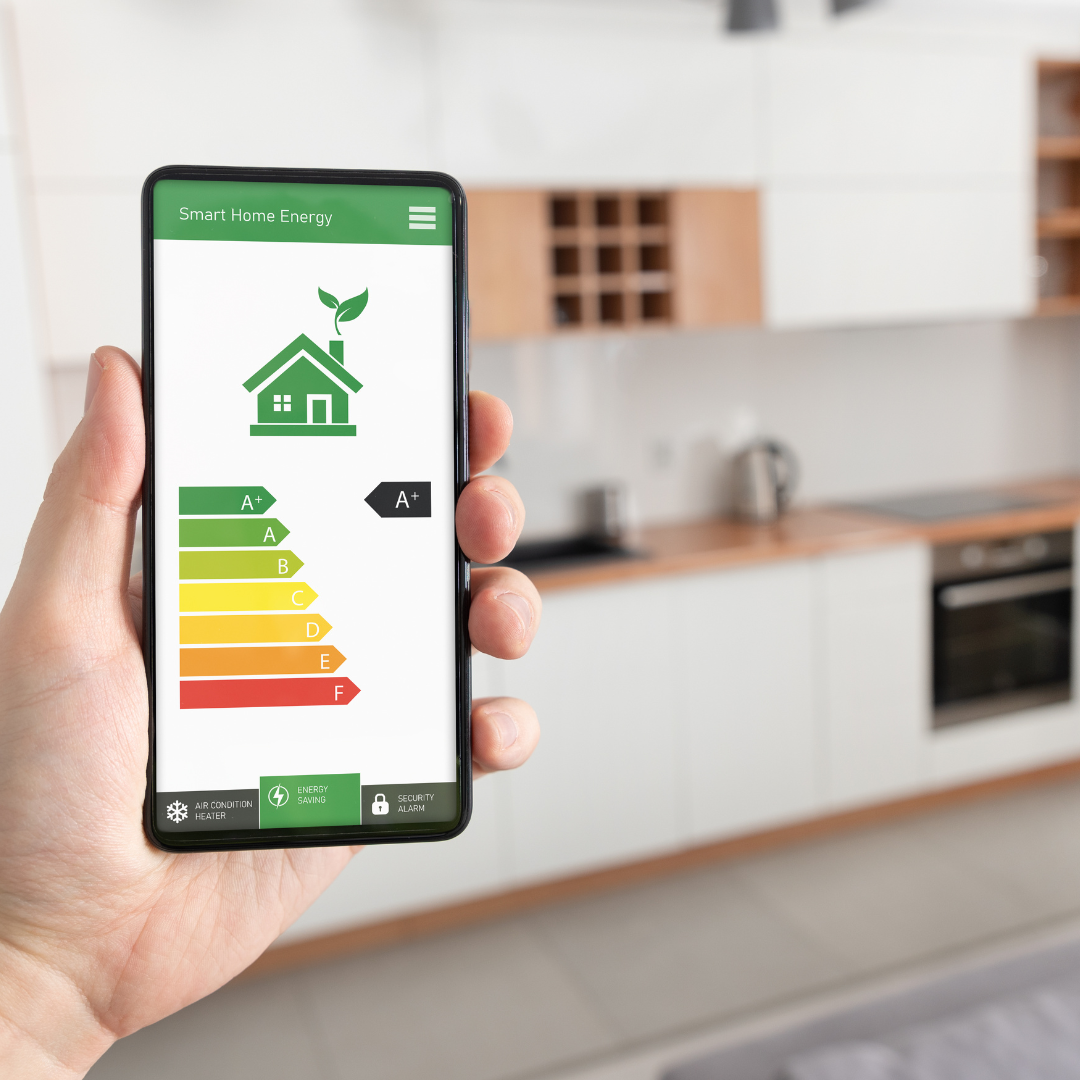
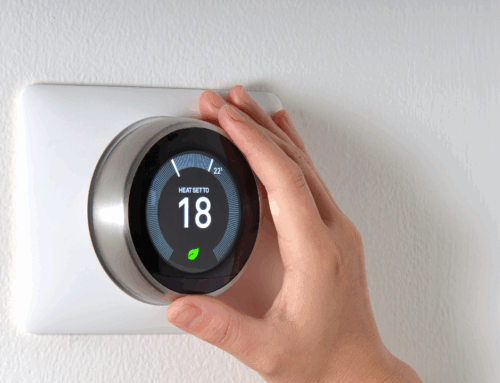
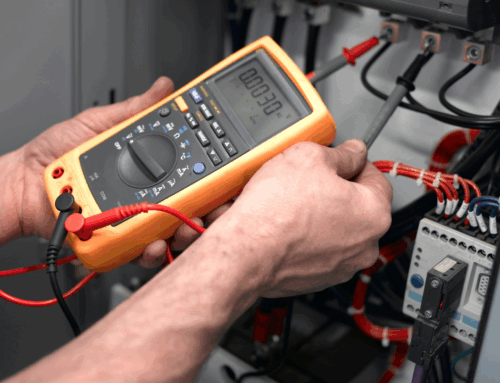
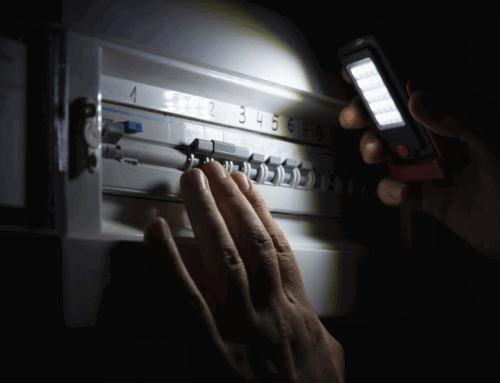
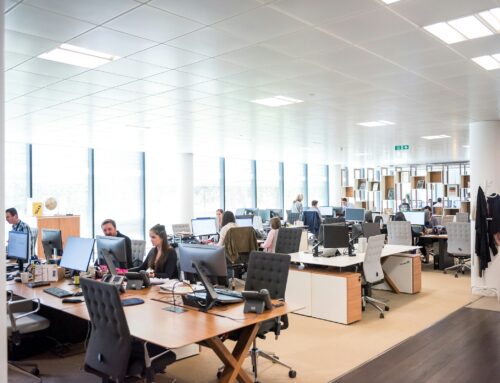
Leave A Comment